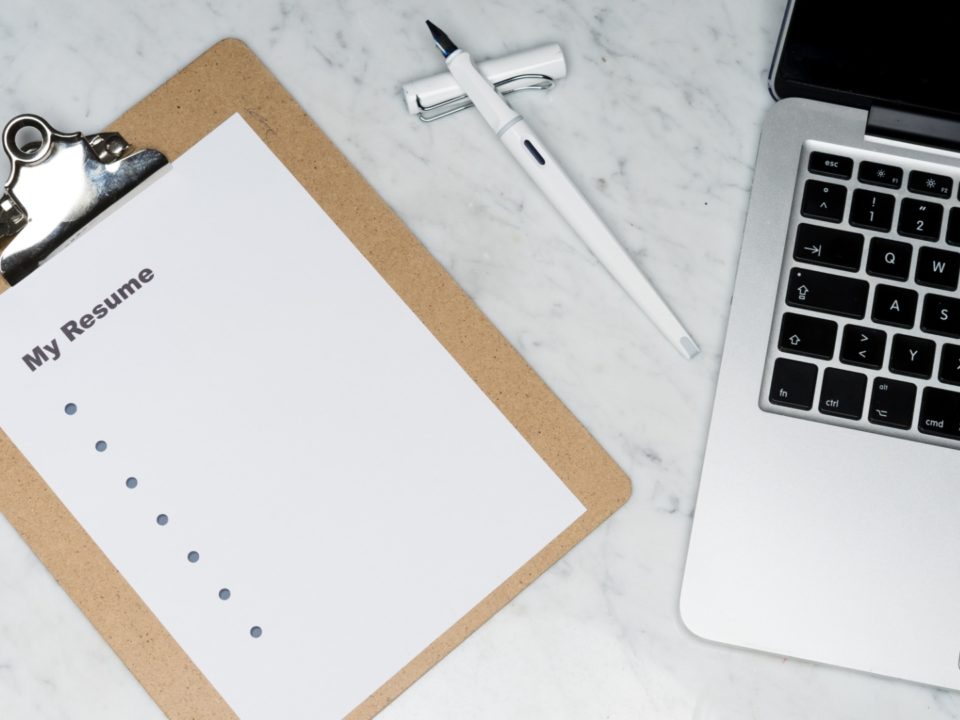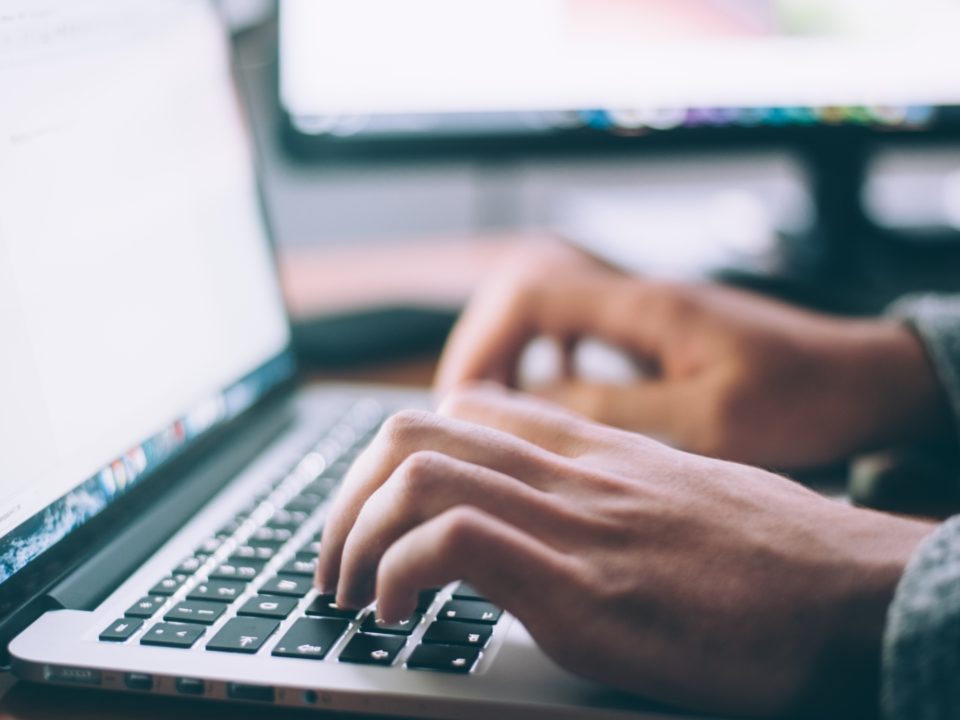Checking Account

Opening a bank account can be a confusing and intimidating process, especially if it’s your first time. However, you can make the process a whole lot smoother if you are prepared beforehand with the documents and information you’ll need.
Why do you need a bank account?
Convenience certainly comes to mind. You can have your employer pay you straight into your account with direct deposit, you can pay your bills automatically or with a check, and you can have 24/7 access to your cash via ATMs and cash machines. Thanks to today’s technology, you might also be able to use your smartphone or tablet to deposit checks without making a trip to an ATM or a bank.
Safety is another main reason to open a bank account, as your money will be safe from theft. If the bank or credit union is insured by the Federal Deposit Insurance Company (for banks) or the National Credit Union Administration (for credit unions), your accounts will be insured for up to $250,000. This certainly beats stuffing your money under the mattress.
What type of account is best for you?
First, you need to decide what type of account you want. Are you looking for a checking account – which allows you to deposit and withdraw money, write checks or use a debit card to pay for items – or are you interested in a savings account, which can earn you interest? Perhaps you will want both types of accounts. It really depends on your own needs.
You might also be able to get an interest-yielding checking account, depending on the bank. Keep in mind that many banks will require you to keep a minimum balance to earn interest, and you can also face a fee if you drop below the minimum balance requirement. For example, Bank of America charges an $8 monthly fee on its regular savings account if you fail to maintain a $500 minimum balance.
Some banks will also require an initial minimum deposit to start a savings account. This amount can range anywhere from $25 to $500 or more, depending on the type of the account and the interest rate. On regular checking accounts, this is less common.
What do you need to open the bank account?
Banks will not open a new account for you unless you give them certain information about yourself and provide evidence to prove your identity.
- First, you should understand that most banks will not open a checking account in your name until you are 18 years old. If you are under 18, you can always have your parent or guardian be a co-owner of the account.
- You’ll need to provide basic information to verify who you are, including your name, your date of birth, your current address and phone number, Social Security number (in most cases) and your email address.
- If you are opening a joint account, you’ll likely need the same information for both applicants.
- You will need to provide a valid photo government ID, such as a driver’s license or a passport. Original documents are usually required, and photocopies might not be acceptable, so you might want to call the bank and check on this before applying in person.
Questions you should ask the bank about your new account
It’s important to make sure you know all of the details of your account before creating one. Here are a few things you should find out from your bank:
- Are you required to maintain a monthly minimum balance on the account? What happens if you go below the minimum requirement?
- If it’s a savings account, will you earn any interest and how much?
- Does the account come with a monthly maintenance fee or any other charges such as overdraft fees? How can you avoid having to pay any fees?
- Are there fees for using an ATM outside of the bank’s network?
- Is the account FDIC insured?
With this information in hand, you should now be able to apply for a bank account that suits you best.



